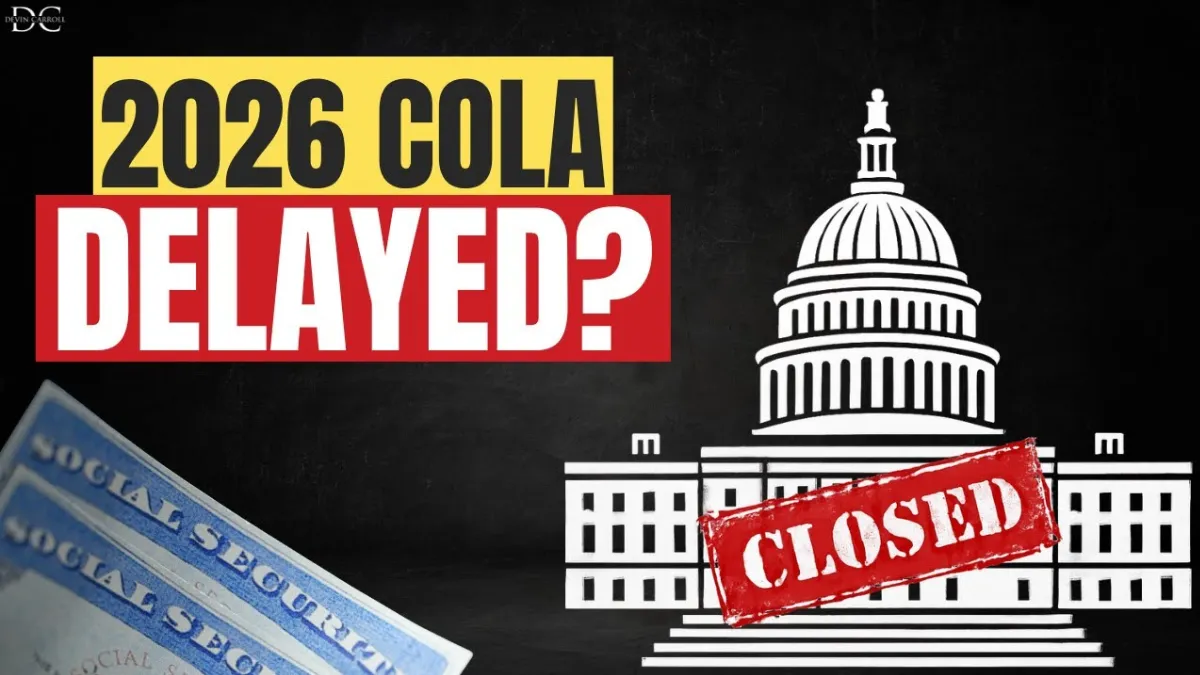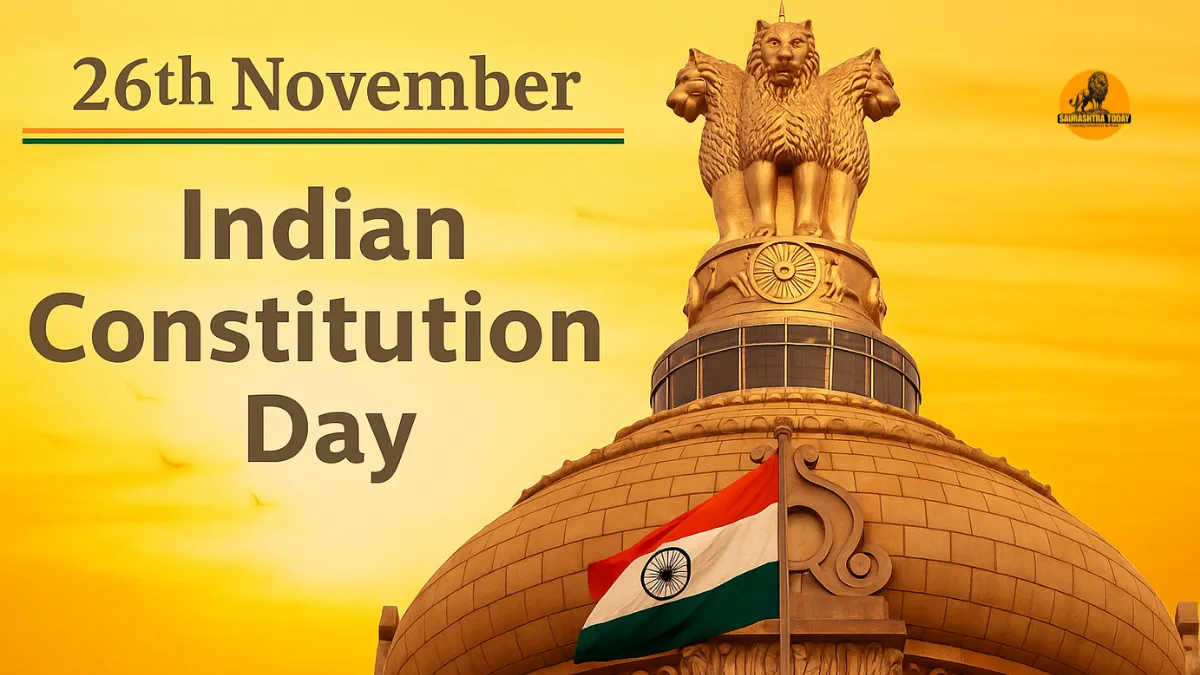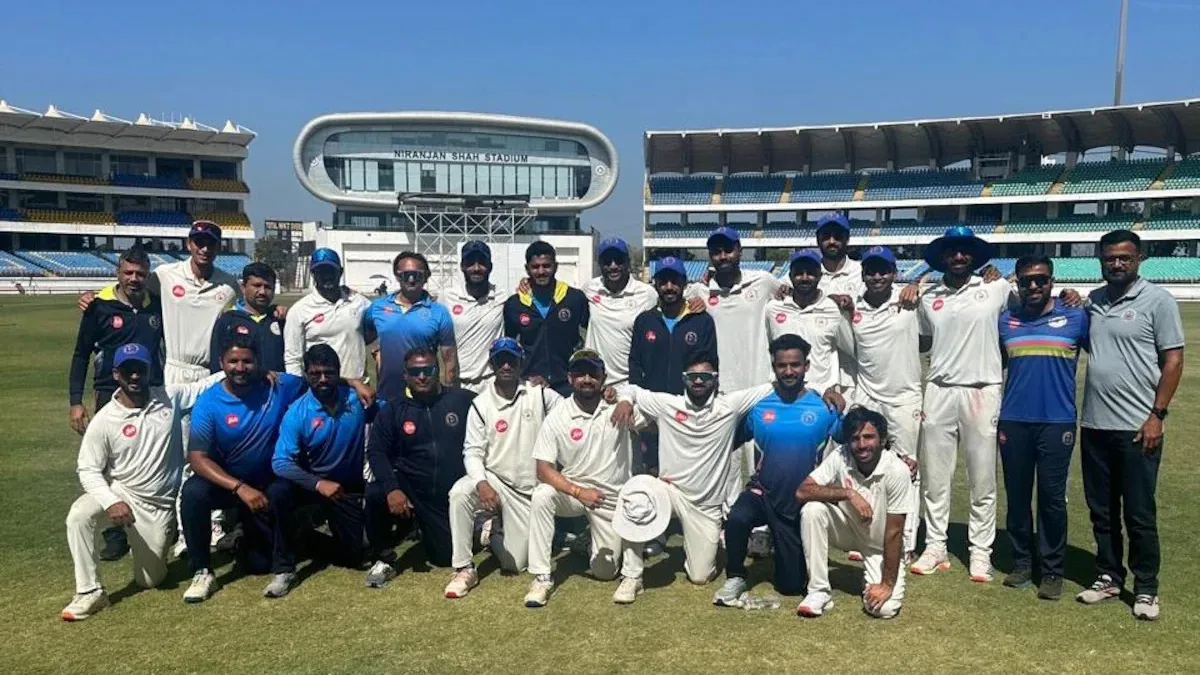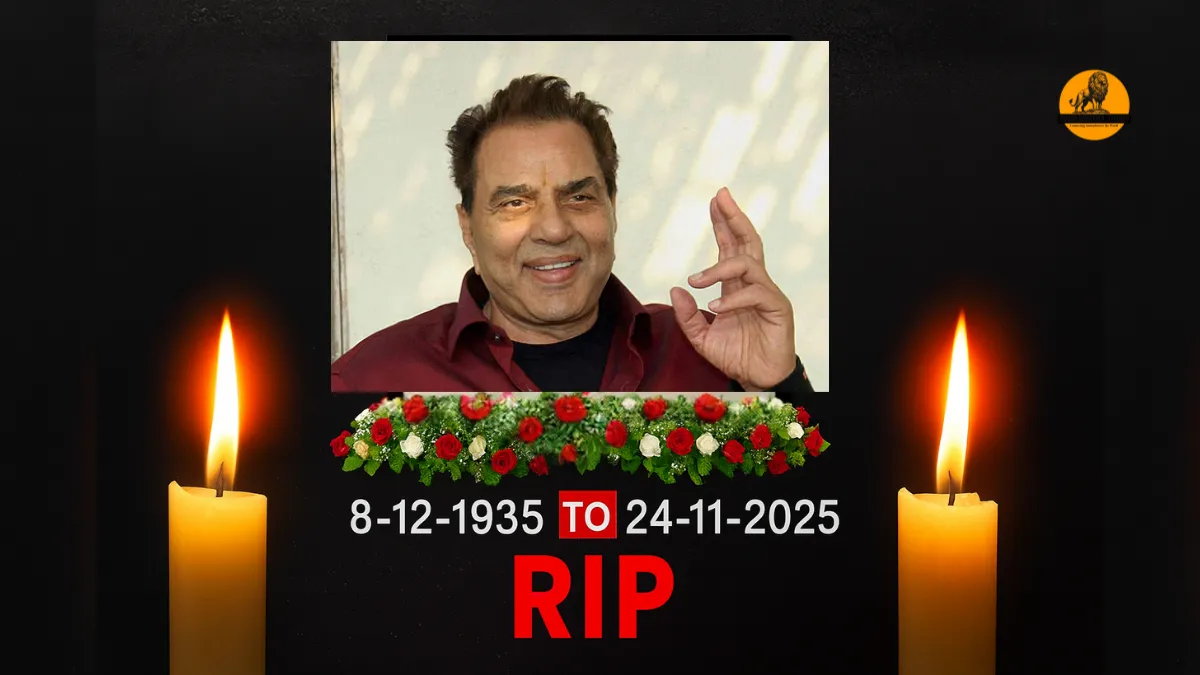Social Security: As the U.S. government faces the possibility of a shutdown starting Wednesday, October 1, many Americans are concerned about the impact on their financial security. Among the most affected groups are the 74 million Americans who rely on Social Security for their monthly income. While a government shutdown can create widespread disruption in federal services, experts assure that Social Security beneficiaries will continue to receive their payments, though certain services may face temporary interruptions.
Understanding how a government shutdown affects Social Security recipients is crucial, especially for retirees, disabled Americans, and dependents of deceased workers who rely on these benefits for their day-to-day expenses. Here’s a detailed look at what you need to know about Social Security during a government shutdown, the services that might be affected, and how beneficiaries can prepare.
Social Security Payments Remain Uninterrupted
One of the first questions many Americans ask when a government shutdown looms is whether their Social Security checks will continue. The reassuring answer is yes. Social Security benefits are funded through mandatory spending, which means that Congress has already approved the necessary funding. This funding is not subject to the annual appropriations process, so payments continue regardless of whether other parts of the government are operating.
This includes monthly benefits for retirees, Social Security Disability Insurance (SSDI) for disabled Americans, and Supplemental Security Income (SSI) for low-income individuals. The guaranteed nature of these payments means that recipients will not experience a gap in income, even if federal offices are closed.
Max Richtman, CEO of the National Committee to Preserve Social Security & Medicare, emphasized this point, stating, “The system hasn’t missed a payment in its entire 90-year history and won’t start now.”
Services That Could Be Impacted
While the payments themselves are secure, certain Social Security services could be disrupted. The Social Security Administration (SSA) operates on a combination of mandatory and discretionary funding. While mandatory funds ensure benefit payments, discretionary funds cover administrative operations. During a government shutdown, these discretionary-funded operations may be temporarily halted.
According to the National Committee to Preserve Social Security & Medicare, services that could be affected include:
- Benefit verifications
- Earnings record corrections and updates unrelated to benefit adjudication
- Payee accountings
- Requests from third parties
- Freedom of Information Act (FOIA) requests
- IT upgrades, public relations, and training
- Replacement Medicare cards
- Overpayments processing
- Prisoner-related activities
The impact largely depends on how many SSA employees are deemed essential. According to the SSA’s contingency plan, about 45,000 employees, nearly 90% of the workforce, would continue working during a shutdown to ensure that payments are made accurately and on time. Meanwhile, approximately 6,200 employees would be furloughed temporarily.
The agency’s plan clearly states:
“We will continue activities critical to our direct-service operations and those needed to ensure accurate and timely payment of benefits. We will cease activities not directly related to the accurate and timely payment of benefits or not critical to our direct-service operations.”
The Cost-of-Living Adjustment (COLA) and Shutdowns
Another important aspect of Social Security potentially affected by a government shutdown is the annual Cost-of-Living Adjustment (COLA). COLA is designed to help Social Security beneficiaries maintain purchasing power as inflation increases. It is announced each October based on the Consumer Price Index (CPI) released by the Labor Department.
This year, the COLA announcement is scheduled for October 15. However, if a government shutdown delays the CPI release, it could, in turn, delay the official announcement of the adjustment. While this would not stop benefit payments, it might postpone the confirmation of any increase in payments due to inflation.
As the Labor Department noted in its contingency planning:
“A delay of the CPI release during October of each year might have an impact on the Cost of Living Adjustment announcement by the Social Security Administration.”
Payment Schedule During a Shutdown
Social Security recipients receive payments on a schedule determined by their birth date:
- Birthdays from the 1st to the 10th of the month: Payment on the second Wednesday of the month
- Birthdays from the 11th to the 20th: Payment on the third Wednesday
- Birthdays from the 21st to the end of the month: Payment on the fourth Wednesday
In 2025, this means Social Security payments in October will be distributed on October 8, 15, and 22, depending on the recipient’s birth date. Supplemental Security Income (SSI) payments for low-income and disabled individuals will also continue, with the next payments scheduled for October 1.
Wayne Winegarden, senior fellow at the Pacific Research Institute, confirmed:
“If you’re a Social Security recipient, you’re going to get your check, and that’s obviously a good thing.”
This schedule ensures that recipients can continue to rely on Social Security for essential expenses, such as rent, utilities, groceries, and medical costs, even during a government shutdown.
Contingency Planning by Federal Agencies
Federal agencies, including the SSA, have developed contingency plans for operations during a shutdown. These plans determine which employees are essential and which operations can continue. Essential employees often work without pay until appropriations are approved, ensuring critical services remain operational.
During previous shutdowns, these plans have proven effective in maintaining Social Security payments. The SSA’s contingency plan for 2025 reiterates that payments, whether for retirees, SSDI beneficiaries, or SSI recipients, will not be interrupted.
However, beneficiaries should be aware that certain administrative services—like processing overpayments or correcting earnings records—may be delayed. While these delays may cause inconvenience, they do not affect the actual disbursement of Social Security benefits.
Preparing for Potential Service Disruptions
While the continuity of payments provides reassurance, Social Security recipients should take a few precautionary steps to navigate possible disruptions in administrative services:
- Verify Your Information Online: Many SSA services, including earnings record checks and benefit verifications, are available online at the SSA’s official website. Accessing these services digitally can help avoid delays caused by office closures.
- Plan Ahead for Replacement Documents: If you anticipate needing a replacement Medicare card or other official documents, request them before a potential shutdown.
- Keep Track of COLA Announcements: Although payments continue, updates regarding cost-of-living adjustments may be delayed. Staying informed will help you plan your finances effectively.
- Contact SSA for Urgent Needs: For urgent issues that require immediate attention, SSA may have limited essential staff available. Use official contact numbers or the SSA website to reach these staff members.
Historical Context: Social Security During Past Shutdowns
Social Security has a nearly century-long history of uninterrupted payments, dating back to its inception in 1935. Even during past government shutdowns, Social Security beneficiaries received their monthly checks without fail.
During the 2013 and 2018–2019 shutdowns, for example, SSA offices closed for nonessential work, but payments continued to be disbursed. Essential staff worked without pay to maintain critical operations, ensuring that retirees and disabled Americans were not financially impacted.
This historical reliability underscores the program’s strength and the importance of mandatory funding, providing peace of mind to millions of Americans who depend on Social Security.
The Importance of Social Security in American Life
Social Security is more than just a paycheck for retirees; it is a lifeline for millions of Americans. For seniors living on fixed incomes, Social Security benefits often represent the majority of their monthly resources. For disabled Americans, Social Security Disability Insurance provides essential support that allows them to meet medical and living expenses.
Dependents of deceased workers also rely on Social Security to maintain financial stability after losing a primary income earner. Any disruption in these payments could have severe consequences, which is why the guaranteed nature of Social Security funding is critical, even during a government shutdown.
Also read: US Shutdown Begins: Government Services Halt as Funding Bill Fails in Senate
Expert Advice for Social Security Recipients
Financial experts advise Social Security recipients to stay calm during a government shutdown. While administrative delays may occur, the guaranteed payments ensure continuity of income. Experts recommend the following strategies:
- Budgeting for Minor Delays: Plan for potential delays in nonessential services, such as document processing, without affecting essential expenses.
- Using Online SSA Resources: Most Social Security inquiries and account management tasks can be completed online, reducing the need for in-person visits.
- Staying Informed: Follow updates from SSA and reliable news sources to know when services resume fully.
Key Takeaways Table: Social Security and Government Shutdown 2025
| Topic | Impact During Shutdown | Notes |
|---|---|---|
| Monthly Social Security Payments | Uninterrupted | Includes retirees, SSDI, and SSI recipients |
| SSA Administrative Services | May be delayed | Benefit verification, earnings corrections, overpayments processing, replacement Medicare cards |
| Essential SSA Employees | ~45,000 remain | About 6,200 furloughed temporarily |
| COLA Announcement | Possible delay | Dependent on Consumer Price Index release |
| Next Payments | Scheduled as usual | Based on recipient’s birth date |
Also read: TrumpRx: Trump Launches Discount Drug Website with Pfizer Deal to Lower Prices
Conclusion
A U.S. government shutdown may disrupt some federal services, but Social Security payments remain secure. The program’s funding is mandatory, ensuring that retirees, disabled Americans, and dependents continue to receive their checks on time. While certain services, such as benefit verifications and replacement Medicare cards, may be temporarily delayed, the essential support Social Security provides will remain uninterrupted.
For millions of Americans, Social Security is more than just financial assistance—it is a cornerstone of stability and security. Even in uncertain times, recipients can rely on their payments to cover essential living expenses. By understanding which services might be affected and planning accordingly, Social Security beneficiaries can navigate a government shutdown with confidence and peace of mind.
The system’s resilience highlights the foresight of its funding structure and the importance of mandatory spending programs in ensuring that even in times of political uncertainty, Americans’ basic financial needs are met.

















